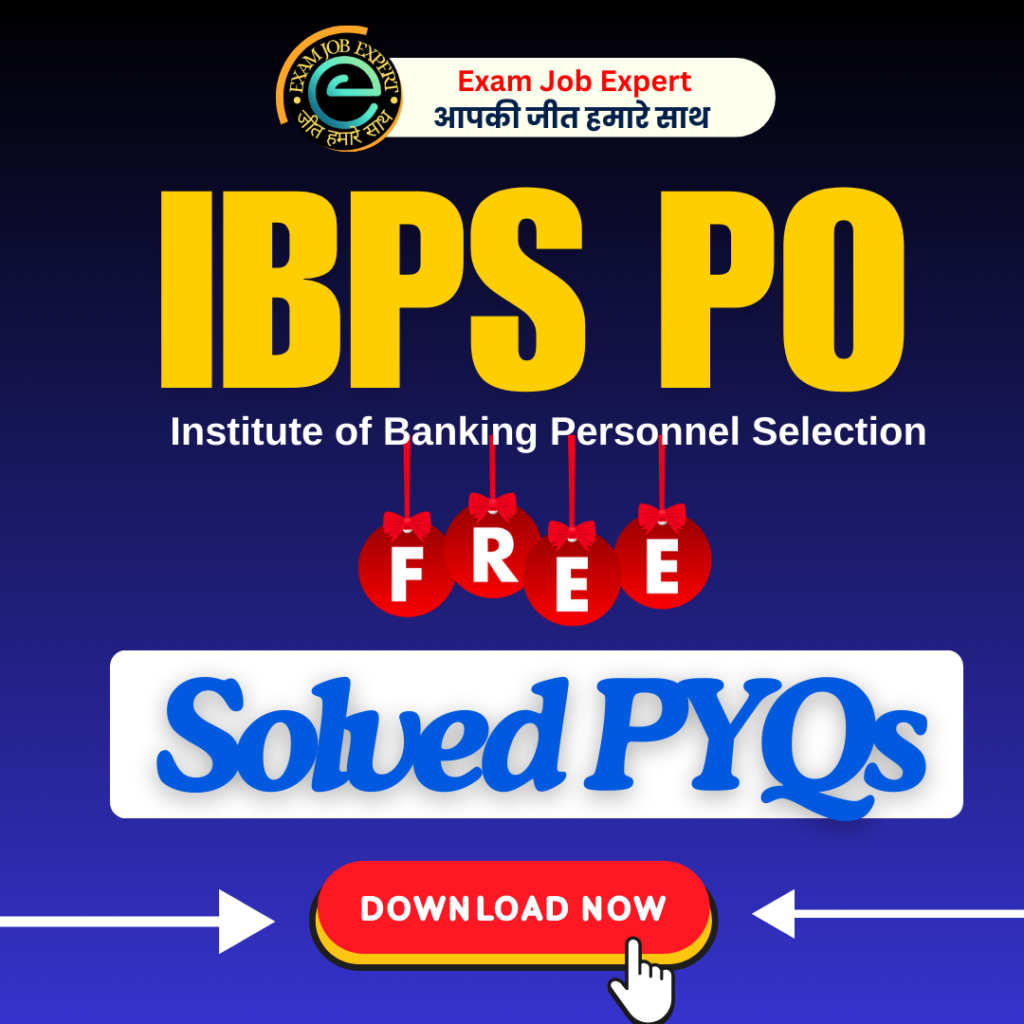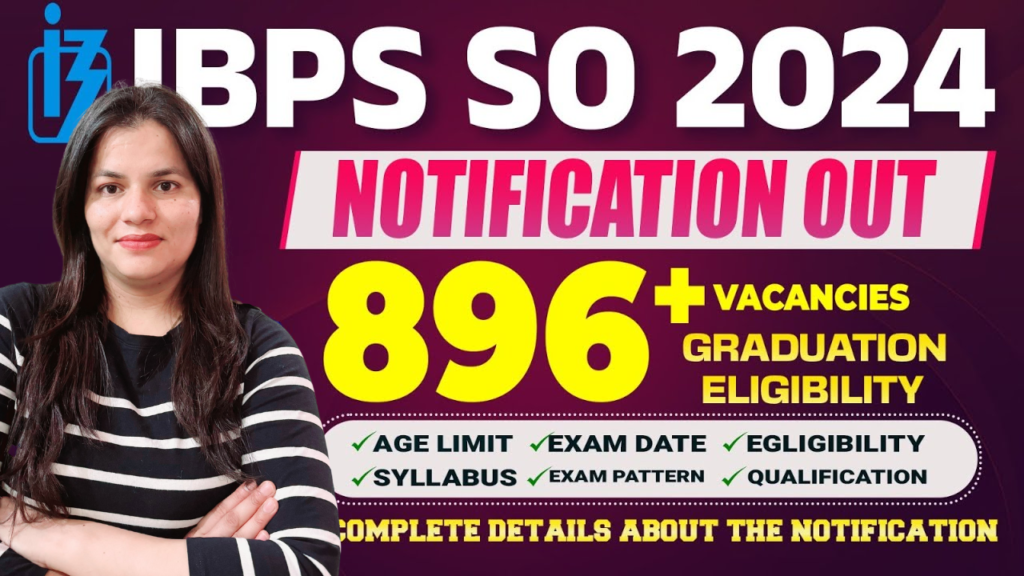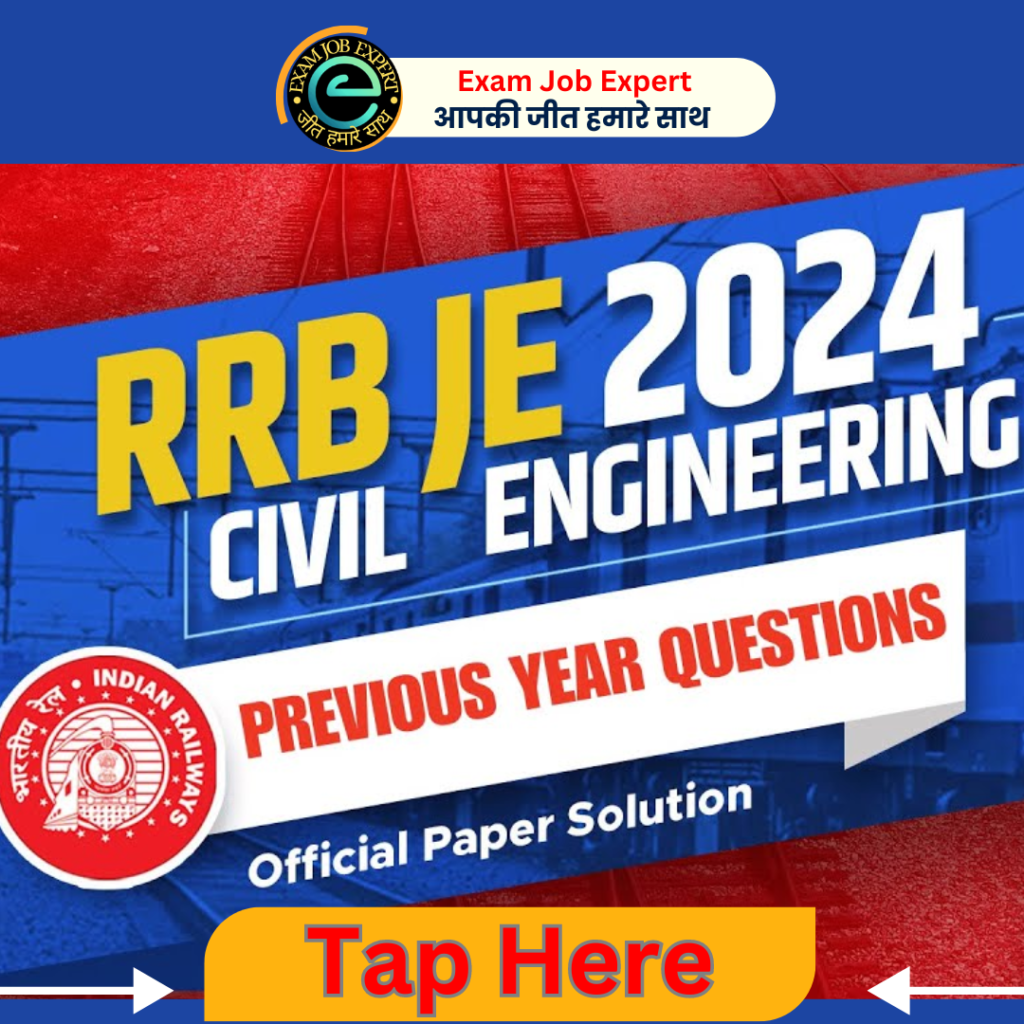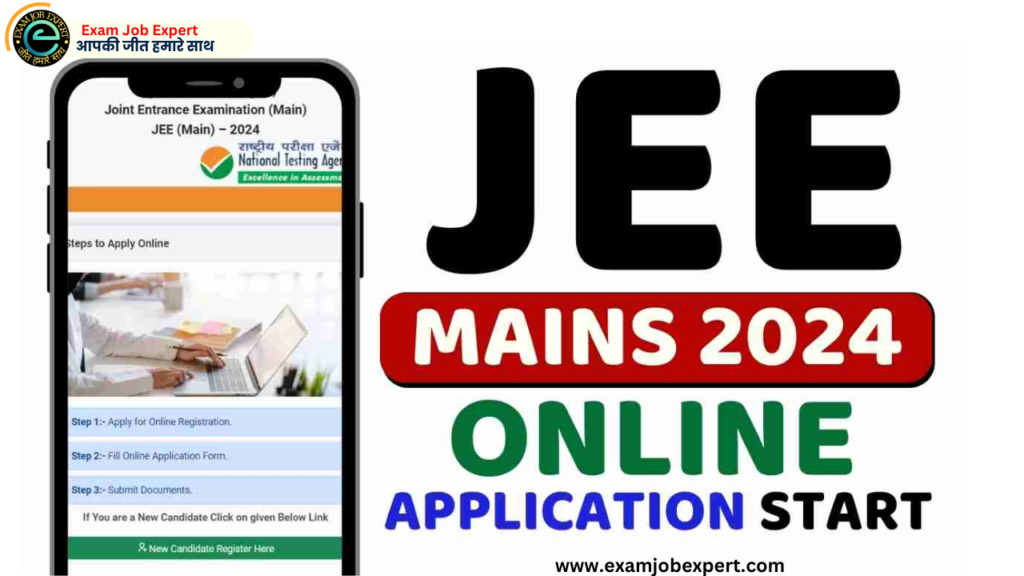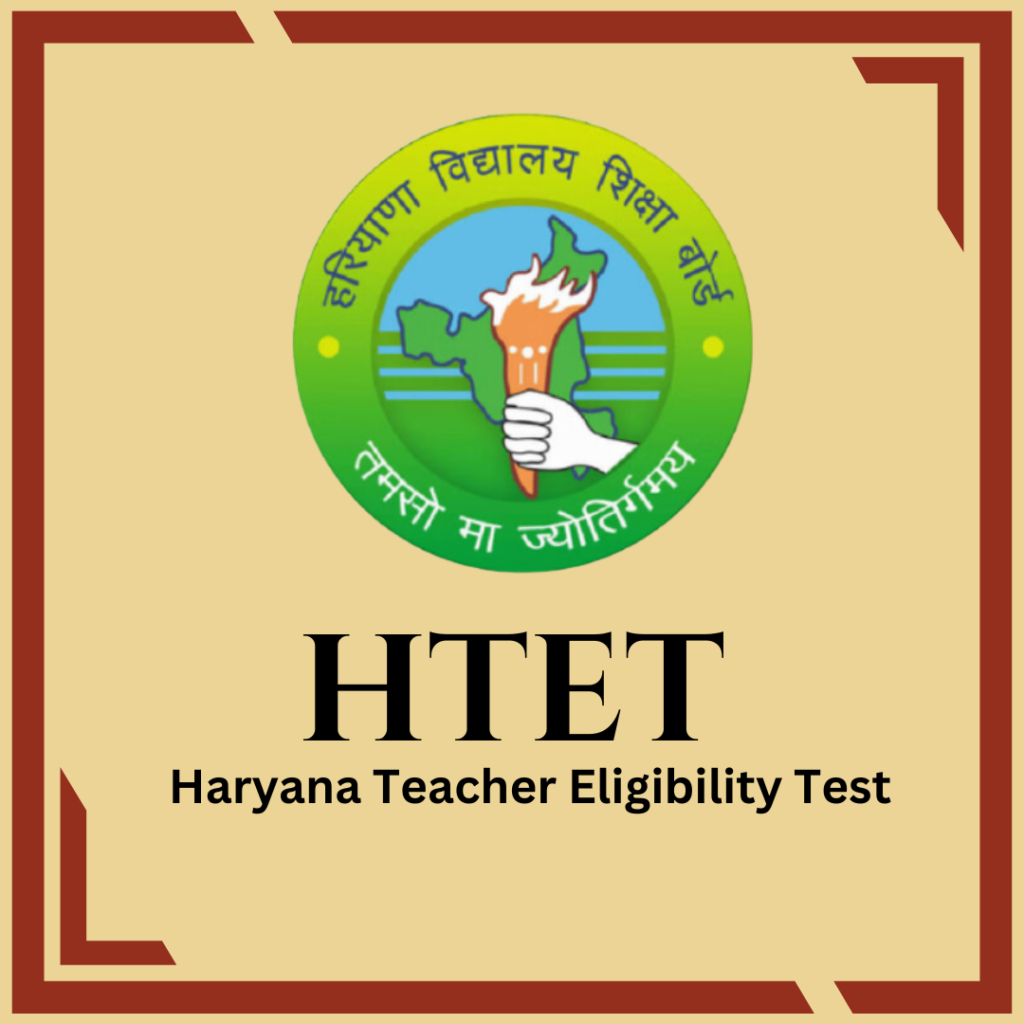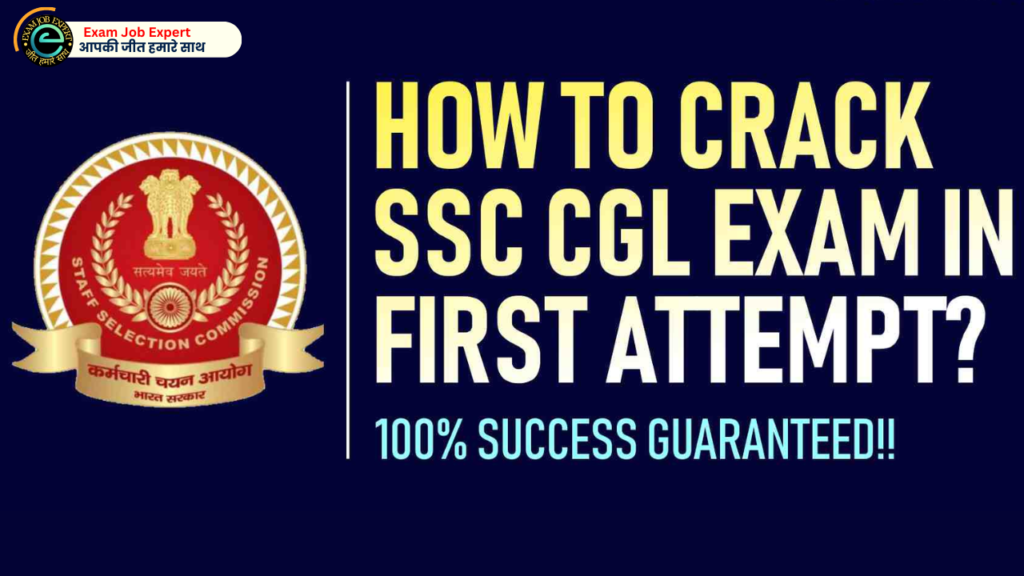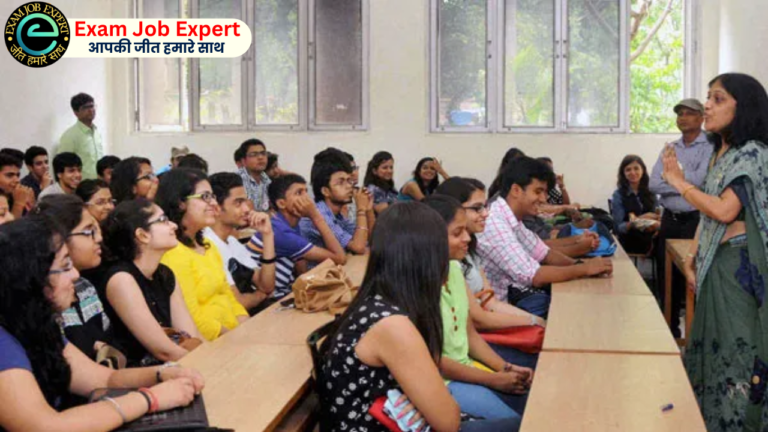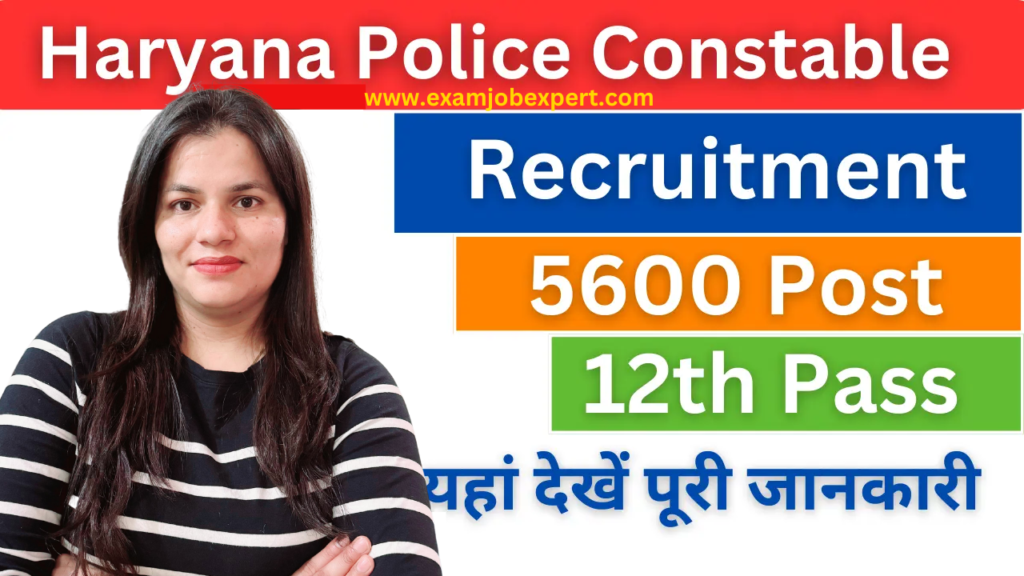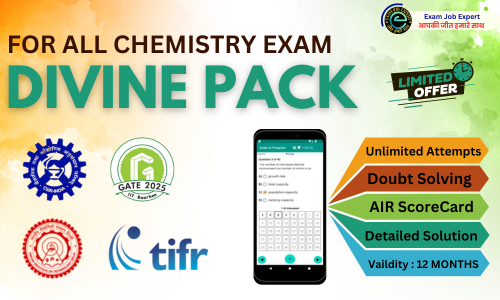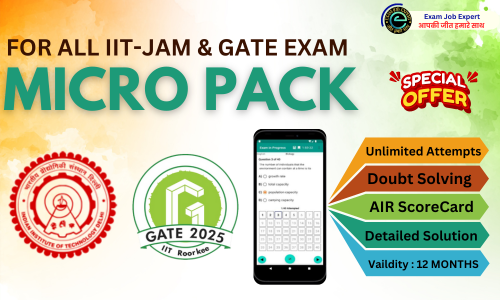Best Strategy to Crack UPSC Civil Services 2024 Preliminary Examination
By EXAM JOB EXPERT Published: September 09, 2024
The Civil Services Examination (CSE), conducted every year by the UPSC, is the gateway to India’s most prestigious jobs such as the Indian Administrative Service (IAS), Indian Police Service (IPS) etc. The Preliminary Examination (Prelims) is the first stage of the UPSC Civil Services Examination. It is an objective type examination, consisting of 2 papers – General Studies and CSAT.
The UPSC Prelims Exam is a screening test and it is mandatory to pass this exam in order to be eligible to appear for the Main Examination. Cut-throat competition in the UPSC CSE Prelims Exam means that while lakhs of aspirants appear for the exam, only around 10-12 thousand of them are able to clear it. Thus, it is essential to ensure a comprehensive UPSC Prelims Preparation to be able to smoothly clear the first hurdle in one’s IAS dream.
ADVERTISEMENT
Strategies and Tips to Prepare for the UPSC CSE Prelims Exam
The nature and scheme of the UPSC Prelims Exam are such that cracking it requires a comprehensive preparation strategy. Major elements to be incorporated in one’s comprehensive preparation strategy to crack the UPSC Prelims are listed below under various heads:
Analyze the Syllabus Thoroughly
The first step to begin your UPSC Prelims Preparation is to read and analyze in detail the syllabus for the UPSC Prelims Exam.
The syllabus for the two papers of the UPSC Prelims Exam, as contained in the official notification, consists of a list of topics that are only indicative in nature. To be able to prepare a topic comprehensively, one needs to understand what all are to be covered under a particular topic. Thus, one needs to do a detailed analysis of the syllabus to understand the topics listed therein along with their detailed break-ups.
Analyze Previous Year Questions (PYQs)
After the syllabus, the Previous Year’s Questions (PYQs) of the UPSC Prelims Exam are the most important compasses to guide your UPSC Prelims Preparation. A detailed analysis of the UPSC Prelims PYQs helps in your preparation in the following ways:
- Identify the topics that have high weightage and are to be prioritized.
- Identify the recurring themes
- Understand the types of questions asked from a particular topic
- Gauge the recent trends and difficulty levels
Prepare an Effective Study Plan
Once you have gone through the syllabus and the PYQs, you need to chalk out a smart study plan to cover the entire syllabus comprehensively. Below are some of the important elements that one should incorporate in one’s study plan:
- Prepare weekly as well as monthly plans, with a list of topics to be covered.
- Keep track of your daily progress in terms of topics covered.
- Divide your daily study hours such that more hours are allocated to your weaker areas
- Ensure a fine and weighted balance between the static topics and current affairs.
Here, it is important to mention that:
- The study plan should be realistic. Preparing an over-ambitious and non-realistic study is liable to fail and can be disastrous.
- Adopting the “Pomodoro Technique” of breaking down your study sessions into 25-minute intervals with short breaks in between helps prevent burnout and keeps your focus sharp.
Focus on Conceptual Clarity
The SSC CGL General Intelligence and Reasoning consists of 25 Questions for 50 Marks (2 Marks for each question. Coding- Decoding, Non-Verbal Reasoning, Analogy and Classification, these topics are most frequently asked topics in the SSC CGL 2024 exam. Here is the Topic-wise weightage for the General Intelligence and Reasoning section.
The UPSC Prelims Exam tests one’s conceptual understanding. So, while preparing a topic, one’s focus should be to build clarity of concepts. The following tips can help you achieve this objective:
- Refer to the standard text such as NCERTs for covering a topic.
- Avoid rote learning and instead focus on understanding the topics.
- Discuss a topic with fellow aspirants to gain clarity.
- Prepare precise and synoptic notes for each topic.
Special Strategy for Current Affairs
It is a well-established fact that the UPSC Prelims Examination is current affairs driven. Thus, UPSC Prelims Preparation demands significant attention to CURRENT AFFAIRS
Following are some tips to master this section of your UPSC Prelims Preparation:
- Be regular with a good newspaper. A smart alternative to this could be to follow a monthly current affairs magazine such as NEXT IAS CURRENT AFFAIRS.
- Categorize the news into different categories such as Government Schemes, Places in News, Acts and policies, etc. Prepare concise notes on a news and place them under their respective categories.
- If a piece of news is related to a syllabus topic, place the notes on that news along with notes on the related topic. This will help you in better understanding and retention.
Don’t Neglect the CSAT Paper
Many aspirants tend to ignore CSAT preparation as it is just a qualifying paper. However, with the increasing difficulty level of the CSAT paper in recent years, this negligence may turn disastrous. Thus, a candidate shouldn’t neglect the CSAT Paper.
Depending on one’s confidence level, one could adopt either of the following two strategies for the CSAT Paper:
- If one is well-versed in the CSAT syllabus, one could just restrict oneself to practicing the previous year’s CSAT papers to keep a touch with.
- If one is not so well versed in the CSAT syllabus, one is advised to join a good CSAT cours.
Revision is the Key
The syllabus for the UPSC Prelims Exam is huge. This means that as one goes on covering new topics, a grasp of the already covered topics keeps getting faint. Thus, it is pertinent that one factors in revisions too within one’s study schedule. The following tips can help one do this:
- Prepare concise notes on each topic so as to do a quick revision.
- A significant portion of the study hours should be devoted to revision.
- Prepare your study plan such that the last 15-20 days are devoted only to revision
Practice Mock Tests
Solving a sufficient number of questions on each topic is necessary to perfect your preparation for the UPSC Prelims Exam. This helps one in the following ways:
- Spot one’s weak and strong areas and modify one’s study plan accordingly.
- Develop exam temperament.
- Improve speed and accuracy
- Improve time management
- Learn to attempt questions strategically so as to maximize total marks
The best way to incorporate this element into your UPSC Prelims preparation is to join a good Prelims Test.
FAQs
. What is the pattern of the UPSC Prelims exam?
- General Studies Paper-I: This paper covers subjects like history, geography, polity, economy, environment, science & technology, and current affairs. It consists of 100 questions, carrying 200 marks, with a negative marking of 0.33 for each wrong answer.
- General Studies Paper-II (CSAT): This is a qualifying paper where candidates must score 33% marks. It includes comprehension, logical reasoning, analytical ability, basic numeracy, and decision-making.
2. When should I start preparing for the Prelims?
Ideally, you should start preparation at least 9-12 months before the exam date. However, if you are starting late, focus on time management and a structured approach to cover essential topics.
3. What is the best approach to covering the syllabus?
- Build a solid foundation: Start with NCERT books (6th–12th) for subjects like history, geography, polity, economics, and science. This will help you develop a basic understanding of key concepts.
- Move to standard reference books: After NCERTs, move on to standard reference books like Laxmikanth for Polity, Spectrum for Modern History, Shankar IAS for Environment, GC Leong for Geography, etc.
- Focus on current affairs: Read newspapers like The Hindu or Indian Express daily. Refer to monthly current affairs magazines like Vision IAS or Insights on India.
- Revise frequently: Revise the syllabus at least 3-4 times before the exam. Make short notes for quick revision.
4. How important is solving previous year question papers?
Solving previous year question papers (PYQs) is crucial. They help you:
- Understand the pattern of the exam.
- Identify important topics and trends.
- Practice time management. Tip: Solve PYQs from the last 10 years and analyze your performance.
5. Should I take mock tests?
Absolutely! Taking mock tests is key to success. Mock tests help in:
- Improving speed and accuracy.
- Familiarizing yourself with the exam pattern.
- Identifying your strengths and weaknesses. Tip: Enroll in a reputed mock test series like Vision IAS, Forum IAS, or Insights to practice regularly.
6. How to prepare for General Studies Paper-II (CSAT)?
- Focus on solving comprehension passages and practicing reasoning questions.
- Brush up on basic mathematics (10th-grade level).
- Solve previous CSAT papers to understand question types. Tip: Candidates often ignore CSAT but ensure you score more than 33% to qualify.
7. How to manage time during preparation?
- Create a daily schedule: Allocate fixed hours for each subject and stick to it. Balance both GS Paper-I and CSAT preparation.
- Weekly and monthly targets: Break down the syllabus into smaller parts and set weekly and monthly goals to cover it.
- Prioritize revision and mock tests as the exam date approaches.
8. What are some common mistakes to avoid?
- Neglecting CSAT: Many aspirants fail to qualify due to overconfidence. Make sure you prepare for it properly.
- Ignoring current affairs: Failing to integrate current affairs with traditional topics can hamper your performance.
- Too many sources: Stick to limited books and materials. Focus on revision rather than collecting new resources.
- Skipping revision: Without proper revision, you might forget important information. Make sure to allocate enough time for multiple revisions.


